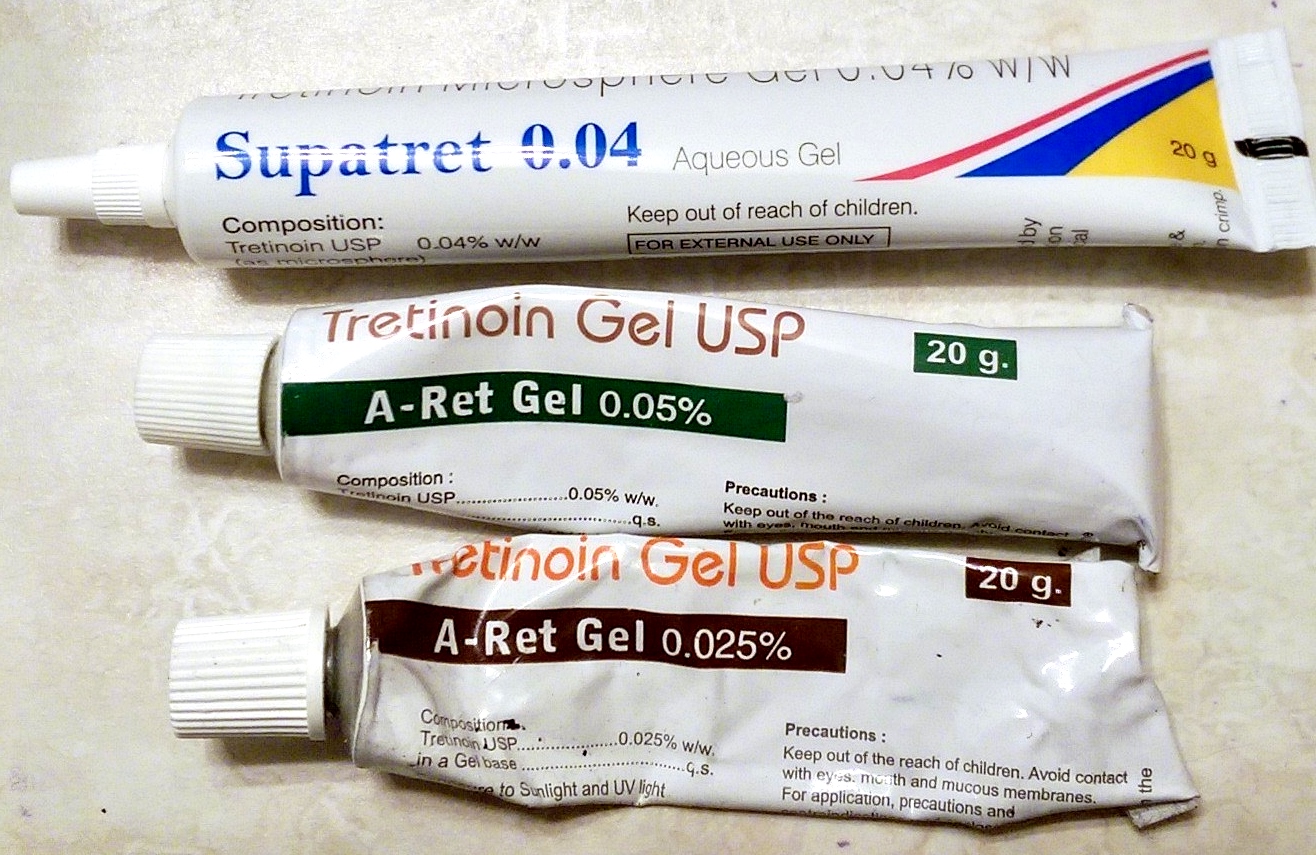Tretinoin is a powerful prescription cream that works by increasing your skin’s cell turnover. It can also help reduce wrinkles & pigmentation.
Before applying tretinoin, make sure your hands are clean. Then, wash your face & pat it dry. Use only a pea-sized amount, and apply it only to the areas prescribed by your doctor.
Acne Treatment
When you use tretinoin for acne, it helps reduce breakouts and prevent new ones from forming. It does this by regulating sebum production, exfoliating the skin and unclogging pores. It also stimulates cell turnover and decreases hyperpigmentation, resulting in smoother facial skin.
Using tretinoin for acne requires a little patience, as it can take several months before you start to see results. However, if you stick with it, you can significantly improve your complexion and facial skin texture.
Your dermatologist will help you figure out the best way to apply tretinoin for your specific skin type and concerns. They may recommend you wash your face twice a day with mild, gentle non-medicated soap and pat it dry before applying the cream. They may also suggest you moisturize every night, and avoid using topical products with a lot of alcohol, menthol or spices as these can cause stinging. They will also tell you to avoid sun exposure while using tretinoin and to use a broad spectrum sunscreen when outdoors.
Anti-Aging Treatment
Studies show that tretinoin can help reduce the appearance of fine lines and wrinkles, dark spots and rough skin. It can also improve skin’s texture and tone, especially in areas that have been damaged by sun exposure.
To get the best results from your tretinoin cream, it is important to follow the instructions carefully. Most people will need to use it for months before they see any significant changes. This is because it takes time for the tretinoin to start working on your skin.
Tretinoin works by encouraging your body to produce new cells. These cells will then move towards the surface of your skin, where they will replace old, worn-out cells. This process can take a while, but it is one of the most effective ways to treat fine lines, wrinkles and other signs of aging. It is important to remember that your skin will be sensitive while using tretinoin, so it’s a good idea to use a moisturizer regularly.
Anti-Wrinkle Treatment
Tretinoin is a topical vitamin A derivative that helps to reduce wrinkles and create a youthful and refreshed complexion. It can be used alone or in conjunction with other skin treatments, such as vitamin C or retinol creams. It can also be combined with laser therapy.
During the treatment, the skin will be numbed with a topical anesthetic cream to minimise discomfort. This treatment takes just a few minutes, and it is highly effective at treating the targeted area.
While using this treatment, it is important to follow the instructions carefully. It may take several weeks or even months before you begin to see significant results. It is also essential to use a broad-spectrum sunscreen every day, as this medication can make the skin more sensitive to sunlight. It is important to attend any recommended follow-up appointments, as this will allow the medical professional to assess your progress and make any necessary adjustments. This will ensure that you get the most effective results from your anti-wrinkle treatment.
Hyperpigmentation Treatment
Tretinoin can help reduce dark spots on the skin caused by sun damage, aging, acne, or other causes. It also can speed up the fading of discoloration from previous scars (Leyden, 2017). It works by slowing down the production of melanin, which is what gives your skin its color.
If your skin is very sensitive, you may experience some side effects when first using this medication. These include dryness, redness, itching, flaking, or peeling. You can minimize these side effects by starting with a low dose, using it only once a day at bedtime, and gradually increasing your frequency as tolerated.
It is important to use this cream only as directed by your doctor. It should never be applied to broken or sunburned skin. It can also make your skin more sensitive to sunlight, so you should wear a broad-spectrum sunscreen during the day. You should also avoid using other medications that can cause dryness or irritation, including retinol-containing products and glycolic acid-based cleansers.Tretinoin 0.1% cream



